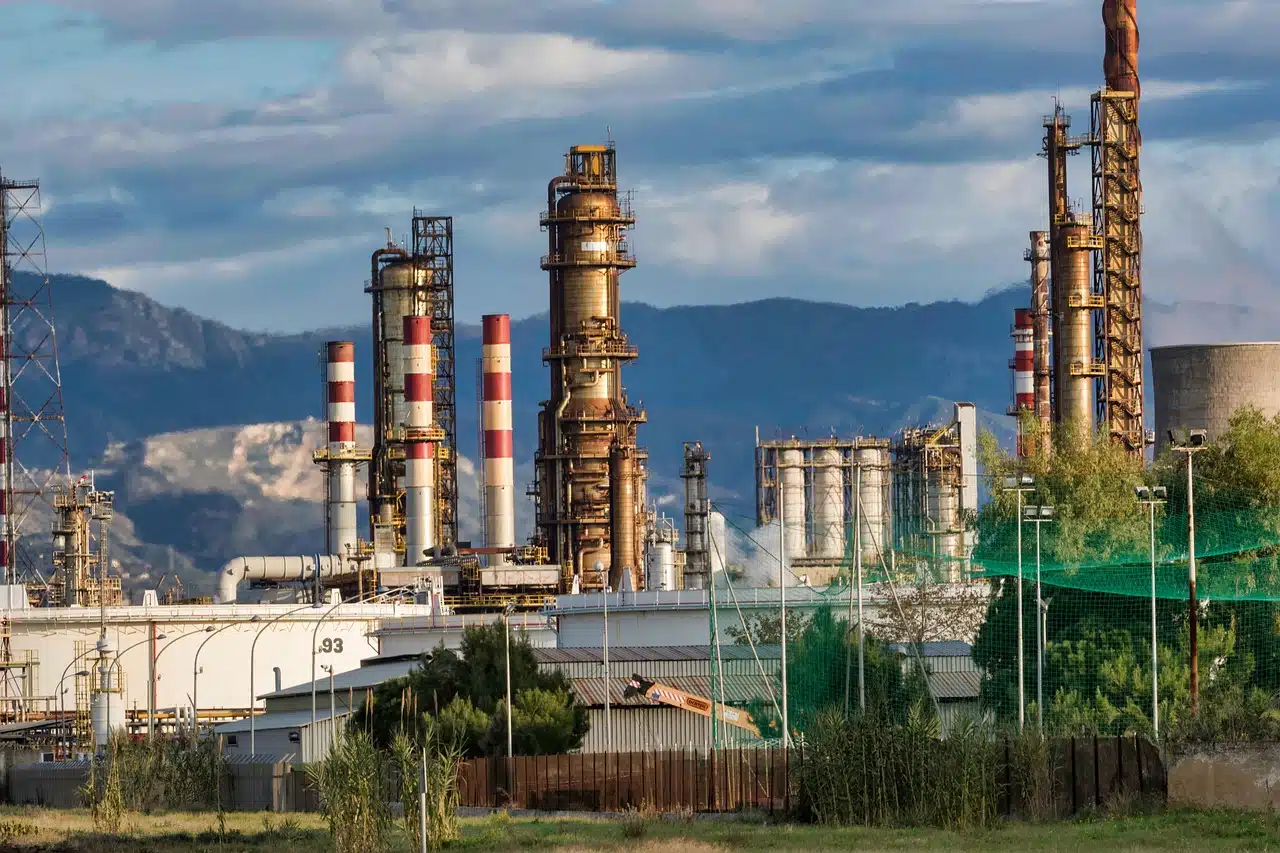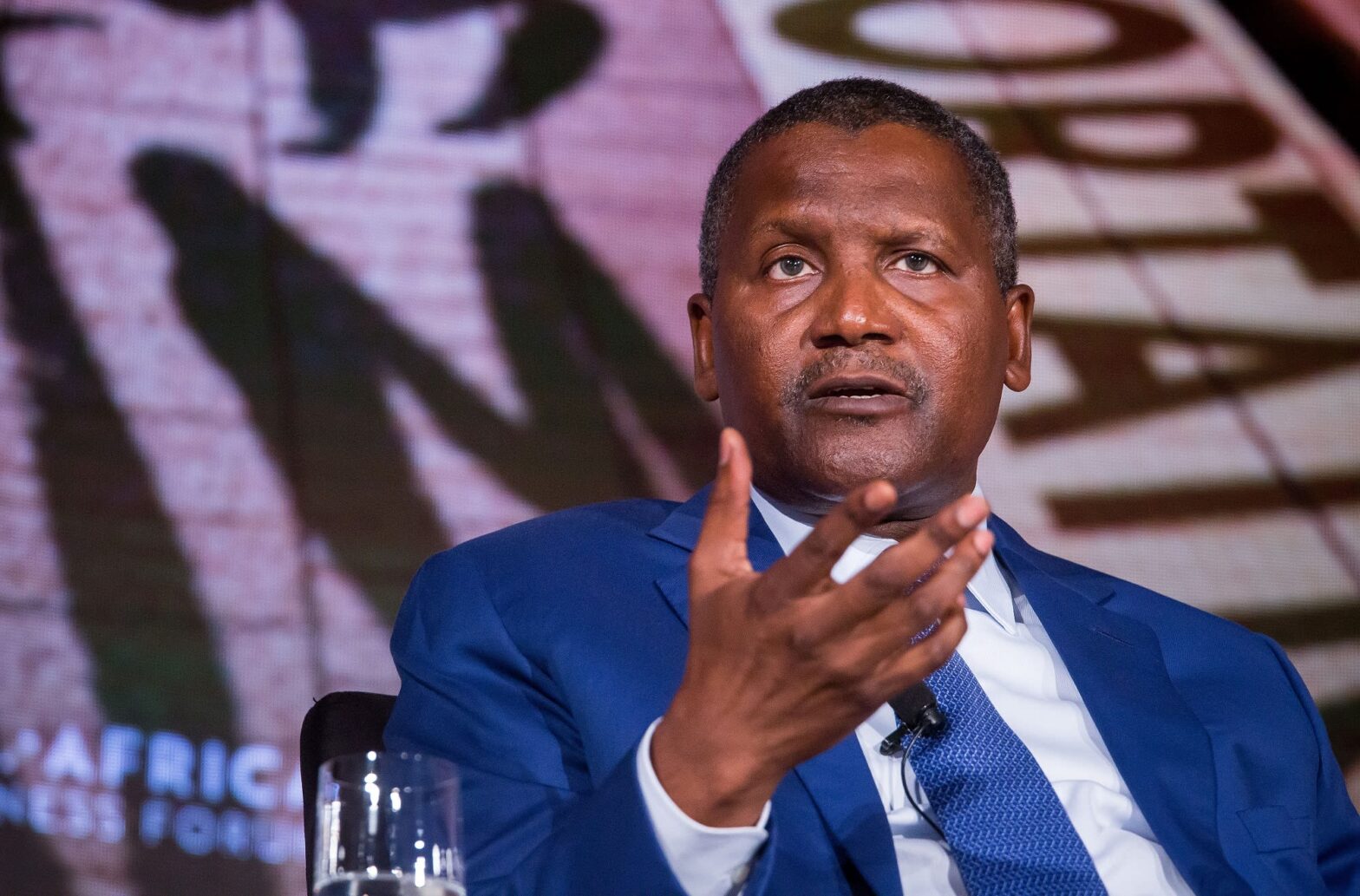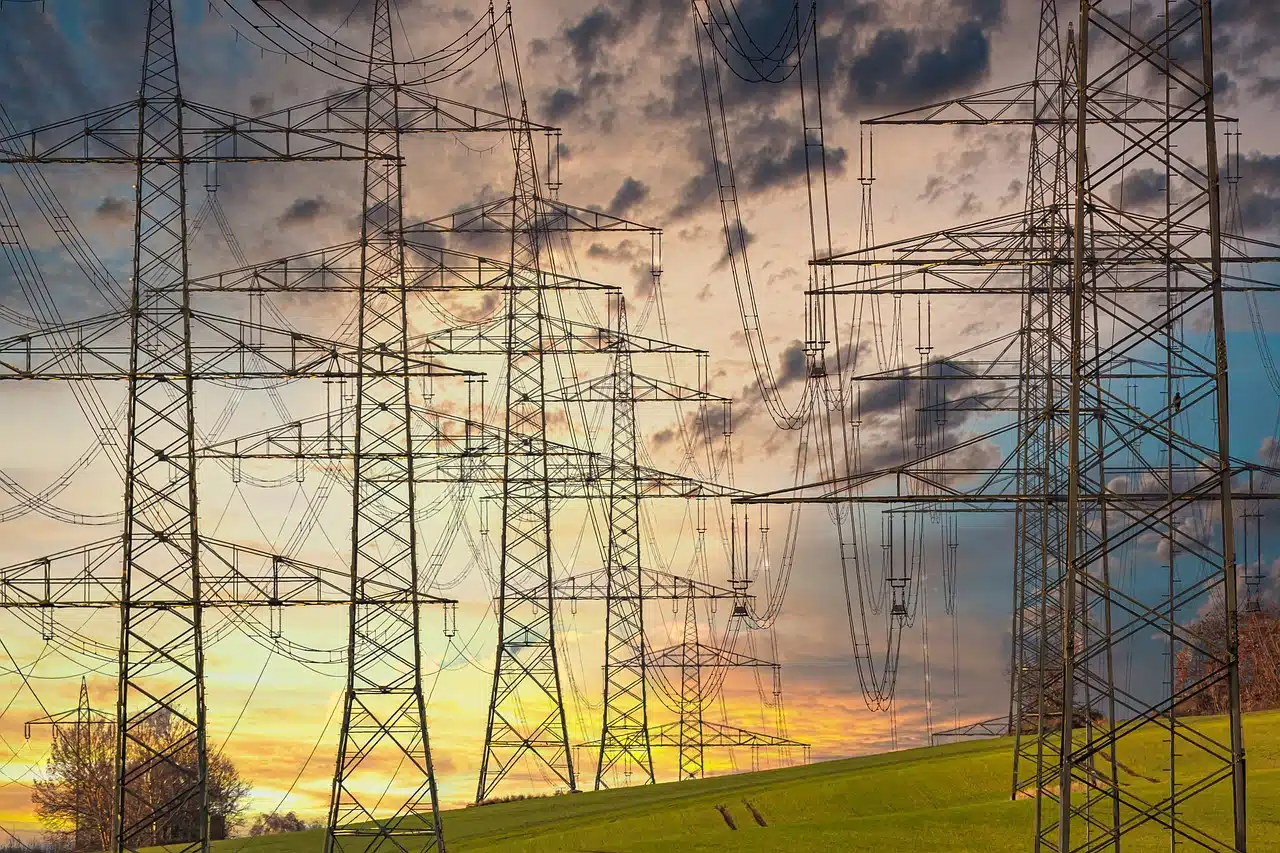On February 24, 2022, Russia invaded Ukraine in what the Kremlin called a “special military operation.”
The attack turned into the most significant military conflict in Europe since World War II. Its impact has been felt deeply across global oil markets and geopolitics.
Since taking office, however, U.S. President Donald Trump has pushed aggressively to end the war.
His efforts have drawn close attention from the global oil industry.
Trump repeatedly criticized the Biden administration’s support for Ukraine, arguing the war should never have happened under his leadership.
Three years of market disruptions
The Russia-Ukraine war has disrupted global oil supply chains for three years.
It has caused price volatility and forced major economies to rethink their energy strategies.
Sanctions on Russian oil exports have reshaped global supply flows.

For instance, Europe’s efforts to cut reliance on Russian energy have created new opportunities for African oil producers.
Countries like Nigeria, Angola, and Algeria have stepped in to fill some of the supply gaps.
Their oil exports to Europe have increased significantly.
But with Trump working to end the war, Africa’s oil sector faces an uncertain future.
Potential drop in oil prices
A resolution could bring Russian oil back to global markets. This could drive oil prices down and reduce demand for African crude.
For oil-dependent economies like Nigeria, Angola, and Libya, this would be a serious blow.
Oil accounts for about 60% of their foreign exchange earnings. A price slump could have severe economic consequences.
Still, many analysts see this scenario as unlikely.
OPEC+, which will meet on April 15, is expected to decide the production demand of its members. The oil cartel said it will hike output amid Trump’s pressure on it.

If Washington brokers a ceasefire and lifts sanctions on Russia, the situation could shift drastically. Russia, OPEC’s second-largest producer after Saudi Arabia, may increase its oil output.
This, combined with Trump’s “drill, baby, drill” policy to boost U.S. production, could lead to a global oil surplus.
Prices could fall further, complicating OPEC’s strategy to balance supply and protect member countries’ revenues.
Market uncertainty looms
Moreover, the global oil market remains unpredictable. Multiple factors beyond the war shape its future.
OPEC’s latest monthly report projects strong oil demand growth in 2025 and 2026. But it also warns of growing market uncertainty due to U.S. trade policies.
Protectionist measures, such as high trade tariffs which Trump continues to threaten trade partners, the report notes, could distort supply-demand balances.
This could create further instability in global markets.
A new geopolitical landscape
In addition, a shift in U.S. foreign policy toward Russia could reshape global energy alliances.
African nations may need to recalibrate ties with the U.S., Europe, China, and Russia to protect their energy interests.
Ending the war could also ease economic pressure on Russia. In a recent interview with Bloomberg, U.S. Treasury Secretary Scott Bessent hinted at possible changes to U.S. sanctions.
When asked if the U.S. would adjust sanctions based on peace talks, Bessent said: “That’d be a very good characterisation.”
Still, even if Trump lifts U.S. sanctions on Russian oil, Europe is unlikely to follow suit.
On February 24, EU foreign ministers approved their 16th sanctions package against Russia.
The measures include a ban on primary aluminum imports and restrictions on Russia’s “shadow fleet” of oil tankers.
The UK has also expanded its sanctions. It blacklisted 40 additional ships transporting Russian oil.
These vessels carried over $5 billion worth of Russian crude and oil products in the past six months. The UK has now sanctioned 133 Russian oil tankers—the highest of any European nation.
New Zealand has also imposed fresh sanctions on Russian entities. It pledged an additional $3 million for Ukraine’s reconstruction efforts.
As long as these sanctions remain in place, European countries will keep seeking alternative energy sources. Nigeria and other African producers are well-positioned to meet that demand.
Africa’s strategic position
Recently, Portugal announced plans to increase LNG imports from Nigeria and the U.S. This is part of its strategy to further cut reliance on Russian gas.
Europe’s push for African energy started years ago.
In April 2022, EU Ambassador to Nigeria Samuela Isopi led a delegation to the Nigerian National Petroleum Corporation (NNPC).
Ambassadors from Spain, Portugal, Italy, and France joined the visit.
Their talks focused on securing access to Nigeria’s gas supplies.
U.S.-Ukraine tensions
Meanwhile, tensions between Washington and Kyiv are growing.
U.S. Treasury officials had, for instance, criticized Ukrainian President Volodymyr Zelenskiy for rejecting a $500 billion mineral supply deal.
The U.S. wanted Ukraine to provide critical minerals in exchange for wartime aid. Zelenskiy argued the aid Ukraine had received so far didn’t justify such a deal.
Trump added to the friction, accusing Zelenskiy of acting like a “dictator.”
Ukrainian President Volodymyr Zelensky eventually accepted an invitation to the White House. There, he met with U.S. President Donald Trump and Vice President J.D. Vance.

But the meeting quickly spiraled out of control. What started as a formal discussion soon turned into a heated shouting match.
Tensions boiled over, and the meeting ended abruptly. Shortly after, Trump announced the U.S. would halt all military aid to Ukraine.
In the aftermath, Zelensky softened his stance. In a recent statement, he expressed willingness to revisit the mineral deal — but only if Trump could offer some form of security guarantees.
Trump also said Russia is also ready for a peace discussion.
Preparing for an uncertain future
As Trump pushes to end the war, Africa’s oil industry players must prepare for multiple scenarios.
A peace deal could bring price shocks or market stability.
Either way, the end of the conflict will reshape the global energy landscape.
African producers must be ready.
They should also seize opportunities from the ongoing U.S.-China trade dispute to strengthen their position in global markets.











